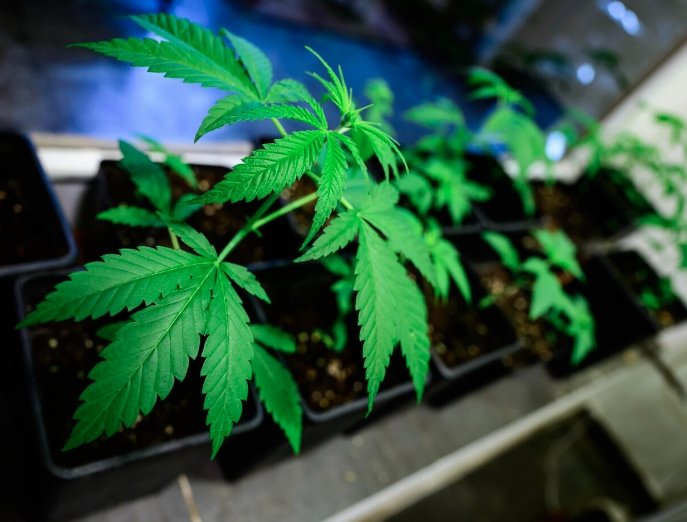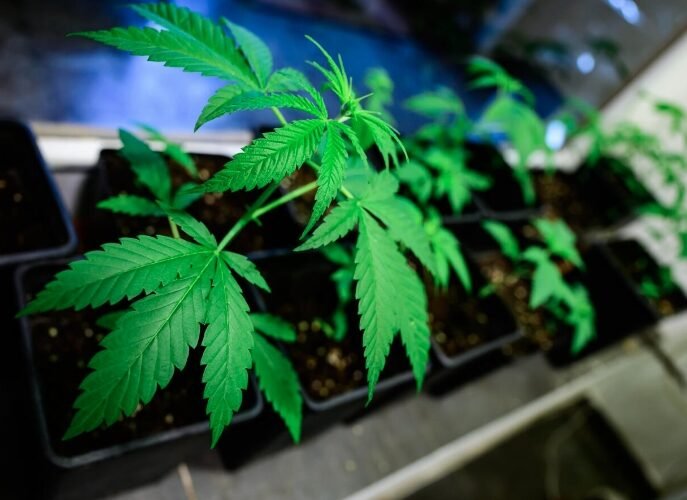Germany has taken a significant step towards the regulation of cannabis with the introduction of the Cannabis Act. This legislation, which came into effect in stages starting from April 2024, aims to control the handling of cannabis for non-medical use among adults. The Act allows for private self-cultivation and cooperative cultivation in associations, marking a shift from previous drug policies. This article delves into the key aspects of the Cannabis Act, its implementation, and its anticipated impact on society.
Key Provisions of the Cannabis Act
The Cannabis Act introduces several important provisions aimed at regulating the use and cultivation of cannabis. One of the primary components is the allowance for private self-cultivation by adults. Individuals are permitted to grow a limited number of cannabis plants for personal use. This move is intended to reduce reliance on the illegal market and ensure safer consumption practices.
In addition to private cultivation, the Act also permits cooperative, non-commercial cultivation in associations. These associations can be formed by individuals who wish to grow cannabis collectively. The regulations stipulate strict guidelines to ensure that the cultivation remains non-commercial and is solely for personal consumption. This approach aims to foster a controlled environment for cannabis use, minimizing the risks associated with unregulated markets.

The Act also includes measures to protect minors and public health. It prohibits the sale and distribution of cannabis to individuals under the age of 18. Furthermore, it sets out clear guidelines for the packaging and labeling of cannabis products to prevent accidental consumption and misuse. These provisions are designed to balance the benefits of legalization with the need to safeguard public health and safety.
Implementation and Enforcement
The implementation of the Cannabis Act has been a coordinated effort involving multiple government agencies. The Act was adopted by the German Bundestag in February 2024 and subsequently approved by the Bundesrat in March 2024. The regulations on private self-cultivation came into force on April 1, 2024, while those concerning cultivation associations were implemented on July 1, 2024. Additional provisions related to the deletion of criminal records will take effect in January 2025.
Enforcement of the Act is overseen by local law enforcement agencies in collaboration with health authorities. These agencies are responsible for monitoring compliance with the regulations and taking action against any violations. The government has also launched public awareness campaigns to educate citizens about the new laws and the safe use of cannabis. These efforts are aimed at ensuring a smooth transition to the new regulatory framework and minimizing potential issues.
The introduction of the Cannabis Act has also prompted discussions about the broader implications of cannabis legalization. Policymakers and experts are closely monitoring the impact of the Act on public health, crime rates, and the economy. The government has committed to conducting regular reviews and adjustments to the regulations as needed to address any emerging challenges and ensure the continued success of the policy.
Anticipated Impact on Society
The Cannabis Act is expected to have a wide-ranging impact on German society. One of the primary goals of the legislation is to reduce the influence of the illegal cannabis market. By providing a legal framework for cultivation and use, the Act aims to undermine the black market and reduce the associated criminal activities. This shift is anticipated to lead to a safer and more controlled environment for cannabis consumption.
Another significant impact of the Act is on public health. The regulation of cannabis ensures that consumers have access to safer products with known THC levels and without harmful additives. This is expected to reduce the health risks associated with unregulated cannabis use. Additionally, the Act includes provisions for public education and awareness, promoting responsible use and minimizing potential harm.
The economic implications of the Cannabis Act are also noteworthy. The legalization of cannabis opens up new opportunities for businesses and entrepreneurs. The establishment of cultivation associations and related industries is expected to create jobs and generate revenue. Moreover, the government can benefit from tax revenues generated from the legal cannabis market. These economic benefits are seen as a positive outcome of the new regulatory framework.




